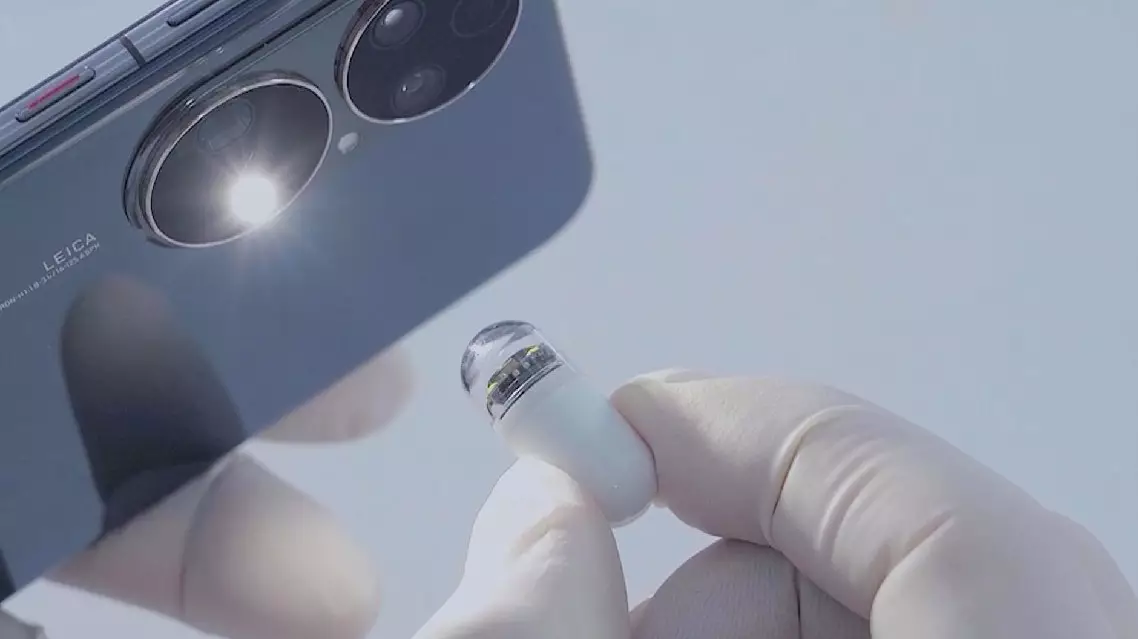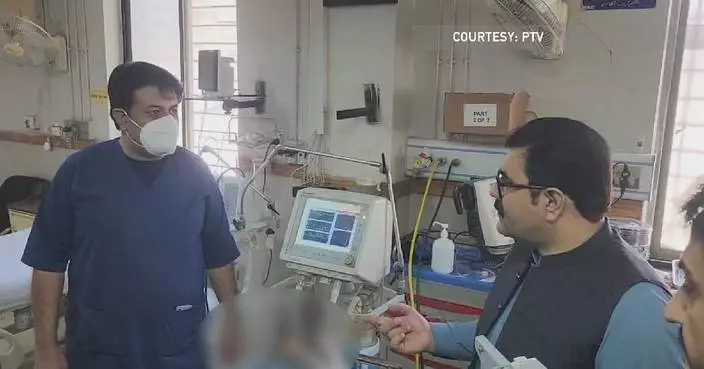The world's first intelligent capsule endoscopy system, which is suitable for home use and developed by a Chinese research team, has been recently approved for clinical use in Guangzhou City, south China's Guangdong Province.
Developed by a research team led by Liu Side, director of gastroenterology at Guangzhou's Nanfang Hospital, the system, which causes far less discomfort than traditional endoscopy examination, has been approved by relevant authorities of Guangzhou for hospitals in the city to use in clinical examination.
The system is operated by a designated application on mobile phone. After swallowing the capsule endoscopy device, the patient needs to change body positions according to instructions on the application, so that the device can take images of the stomach while moving inside. Images will be uploaded to an intelligent system for further analysis. The entire examination process can be completed in 20 minutes.
"The goal of our research is to solve a pain point. Traditional gastroscopy is quite painful but very important, so we hoped to develop a convenient and comfortable endoscopy device that is suitable for home use," said Liu.
The system has already been approved for clinical use. Patients need to complete the examination process in hospitals as it is still classified as a medical equipment. It is expected to be approved for independent operation by patients themselves after more cases of clinical application.
Liu's team is still conducting further research on the system, hoping to develop an advanced device that is able to complete the early screening of cancers on different organs of the digestive system.
"In the future, the capsule endoscopy system for the upper gastrointestinal will be able to take clear image of the esophagus. That will be the second one. Then we will develop a system for the colon and the rectum that are parts of the large intestine as colorectal cancer is also very harmful. In addition, the prevention and control of this cancer depends on early detection by endoscopy. Finding polyps and removing them will help prevent from getting colorectal cancer," said Liu.

World's first home-use intelligent capsule endoscopy system approved for clinical use









